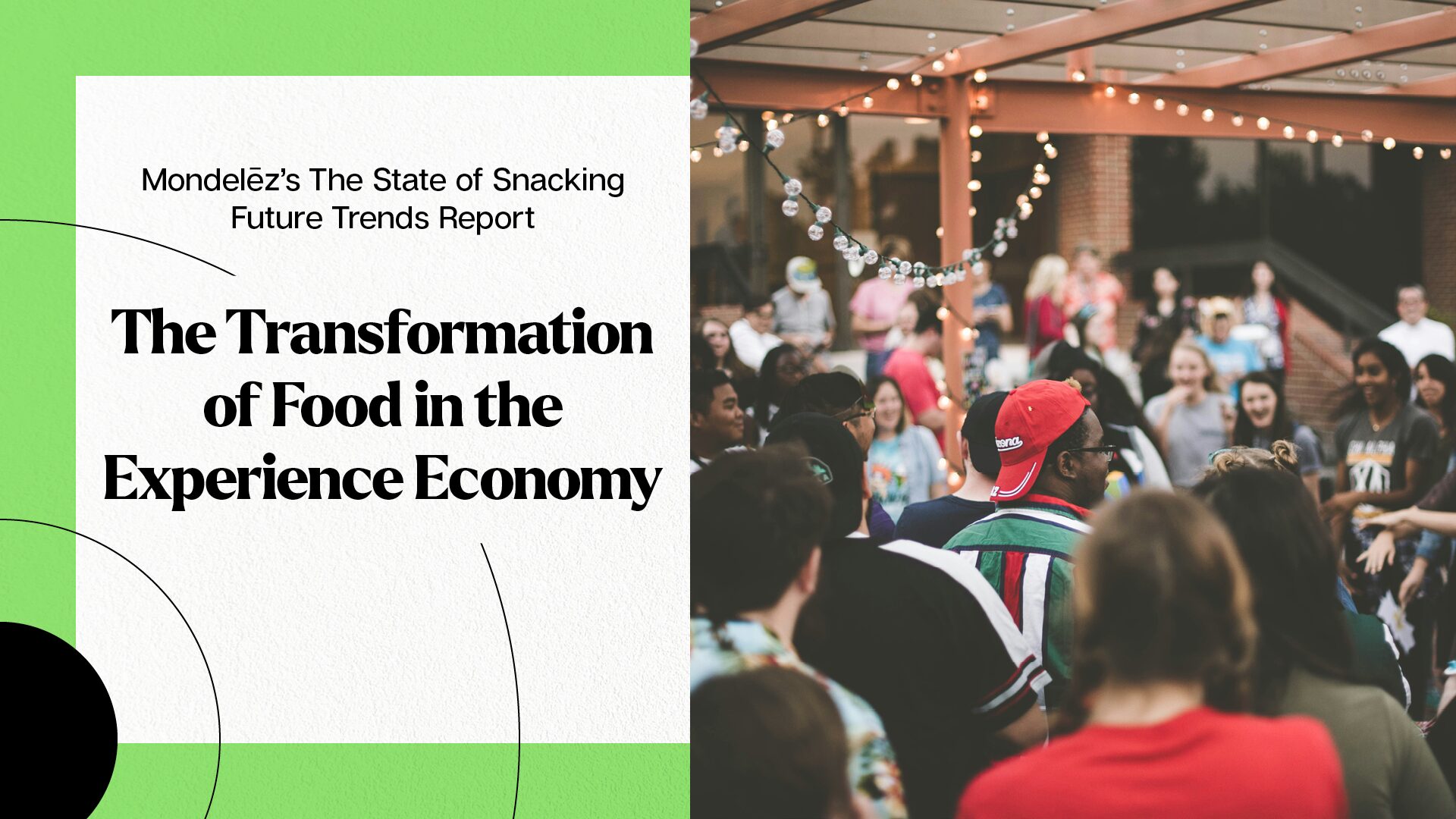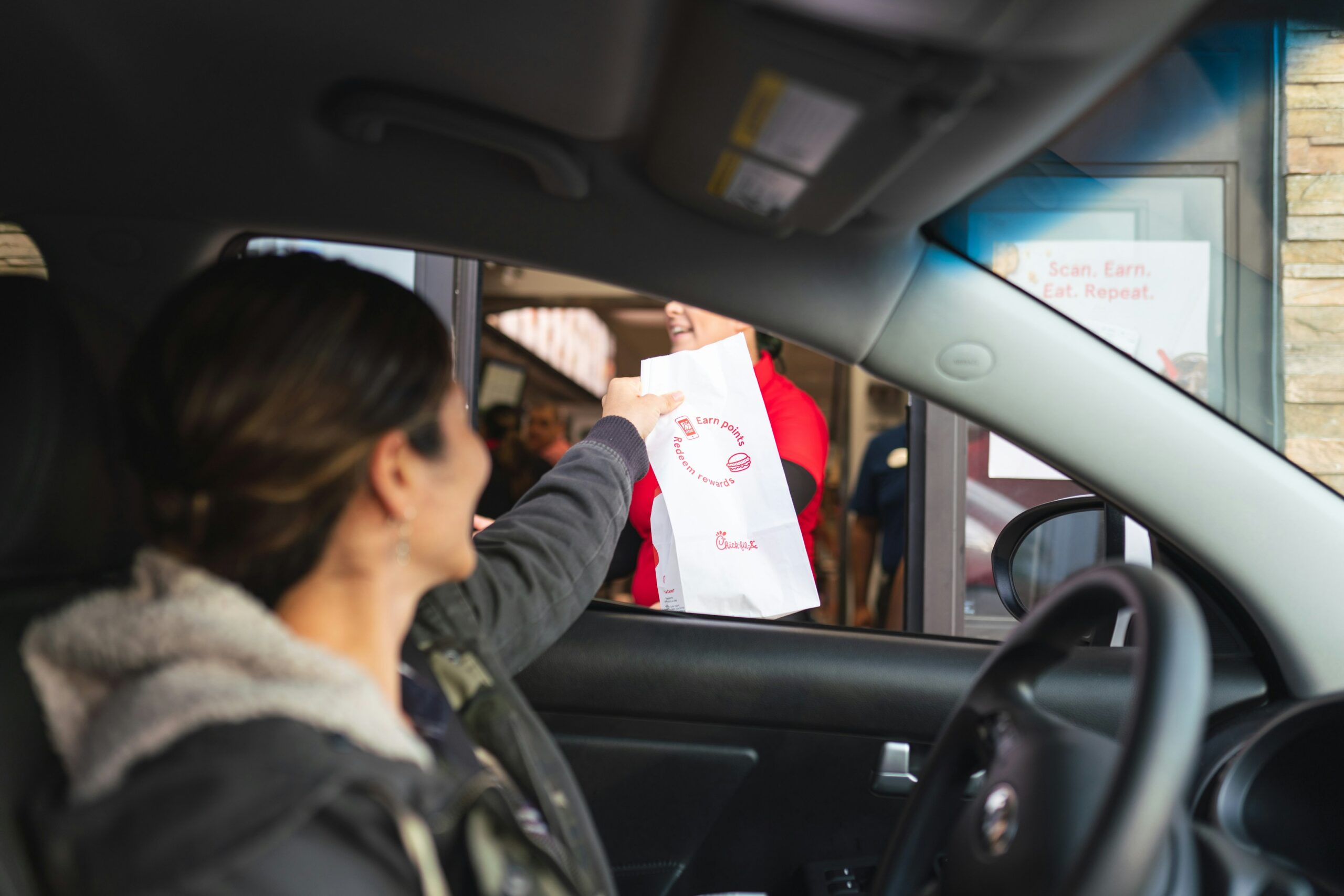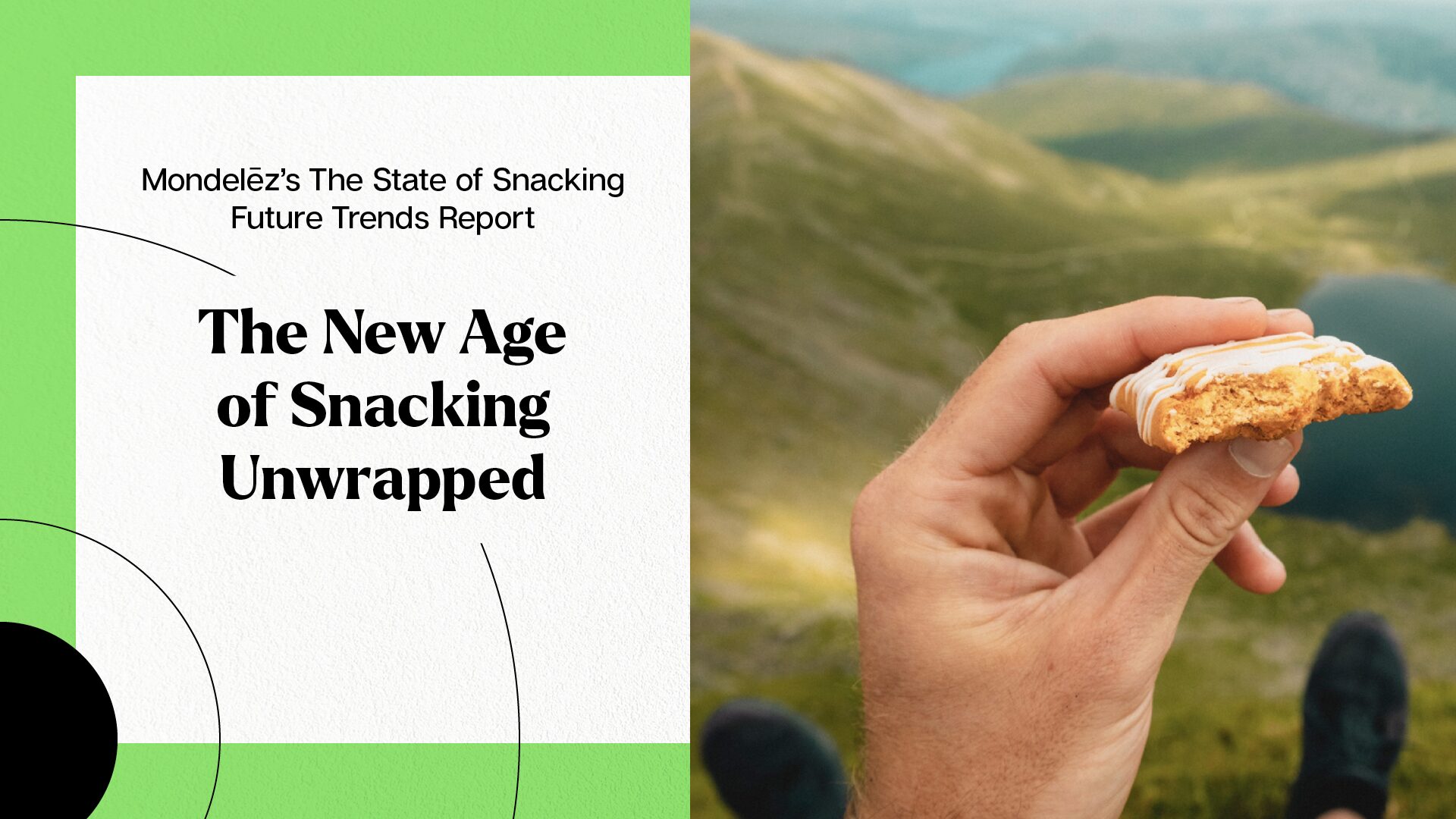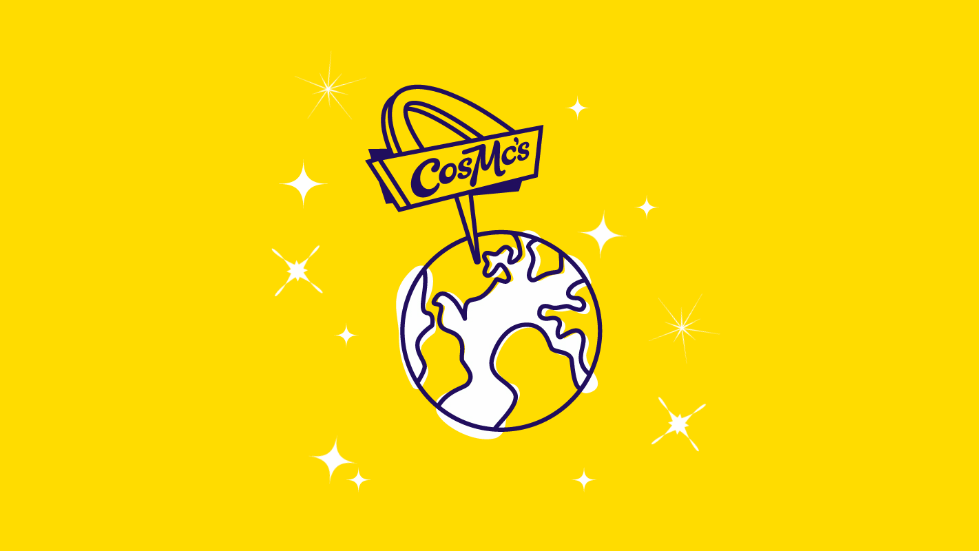If you’ve looked at a teenager’s Spotify playlist or a college kid’s Instagram page lately, you know how difficult it can be to get on the same page with Gen Z. CPG brands aren’t immune to this struggle – the future of many emergent brands, in fact, depends upon galvanizing this demographic.
At a recent Youth Marketing Strategy event in Brooklyn, brand strategist agency Huxly Global unveiled a new approach called “consumer-packaged entertainment” that aims to enhance engagement with Gen Z. The presentation was supported by research that included more than 700 chatbot conversations.
Sarah Rooney, Huxly’s SVP and head of U.S., said it’s important for brands seeking to connect with Gen Z consumers to create a cohesive brand story.
“From the design on the box to the way the product feels in your hand, every detail needs to be intentional and leave a lasting impression,” Rooney said in a statement.
Huxly especially stressed the following points for brands:
- Gen Z is about experiences, not just products. Young consumers are drawn to brands that offer unique sensory moments along with a sense of community.
- Creating lasting memories is key. Brands need to be more deliberate in creating moments that leave a lasting impression and inspire social sharing.
- Every detail matters. From the design on a box to the way a product feels, every aspect of the consumer experience should be intentional.
At that same event, Andrew Wardlaw, chief ideas officer with MMR Research Worldwide, made a noteworthy observation about today’s young consumers:
“This generation has never known anything other than exceptional quality, so brands must now activate experiences involving peak product moments.”
In other words, the gathering in Brooklyn offered a clear message to brands that if they want to win over the TikTok generation, they must create lasting impressions. “Every sensory interaction can play a greater role in a brand achieving better overall fluency,” Wardlaw noted.
“In most cases, elements of consumer experience – such as the sound of opening a pack – are left to happenstance. And this is our opportunity – to make these interactions more deliberate.”
The Food Institute Podcast
Is there a business case to be made for diversity, equity, and inclusion (DEI) efforts? According to Julie Swift, foodservice industry veteran and founder of The Foodservice Women’s Alliance, the answer is a resounding yes. On this episode of The Food Institute Podcast, Swift helps explain the impacts of unconscious bias, and how simple it can be to bring all team members to the table when leadership buys into DEI efforts.












